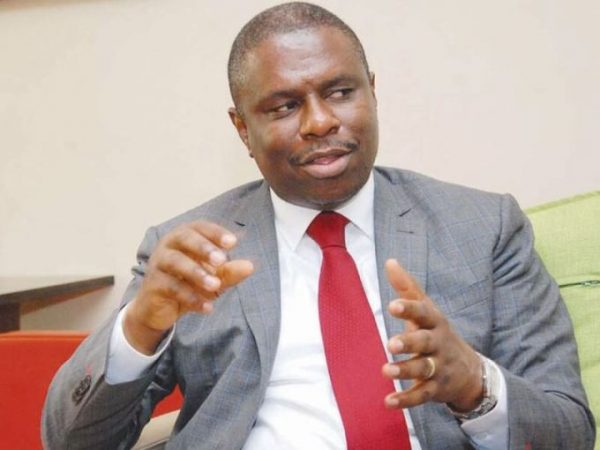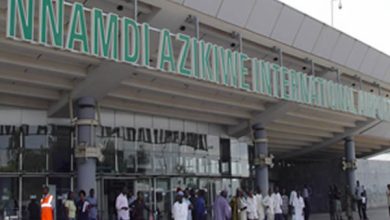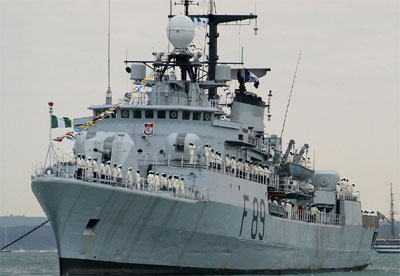CRFFN Urges Trading Public To Verify Status Of Freight Forwarders
-

Registrar, Council for the Regulation of Freight Forwarding in Nigeria (CRFFN), Barr. Samuel Nwakohu POF collection begins at Western ports
By Kenneth Jukpor
The Council for the Regulation of Freight Forwarding in Nigeria (CRFFN) has admonished Nigerian port users to only engage registered freight forwarders at the ports.
The Registrar of CRFFN, Barr. Samuel Nwakohu made this appeal yesterday while briefing the press on the commencement of Practitioners Operating Fees (POF) collection at Western ports.
His words: “The user public is strongly advised to verify the authenticity of the freight forwarder they wish to engage on the CRFFN website or call the CRFFN hotlines for assistance. This is to ensure you are dealing with a registered freight forwarder.”
On the new POF regime, he said, “We are glad to inform you that following successful integration with terminal operators in the western ports, enforcement of POF collection has now commenced. POF, which is derived from the provisions of Section 6 of CRFFN Act, is a major source of our internally generated revenue, first for the government and second to drive the necessary reforms and develop the industry.”
He stressed that anybody or organization that fails to pay the POF contravenes the laws of the Federal Republic of Nigeria.
The CRFFN boss also stated that the agency had started integration with terminal operators at the Eastern ports to commence enforcement of same POF at the ports.
He, however, commended shippers and freight forwarders who operate under very difficult conditions to sustain Nigeria’s economy, assuring that CRFFN will do its best to provide the enabling environment for the freight forwarding industry.
He lamented that Nigeria is becoming less attractive and competitive for international business principally because of low performance on the logistics performance index (LPI), noting that the freight forwarding sub-sector could change the narrative and develop supply chain capacity to grow the economy.
“According to World Bank, a country’s competitiveness is defined by its Logistics capacity and efficiency hence the LPI. A cursory look at the six parameters of LPI reveals the strategic role of freight forwarding in national economic growth. They are: efficiency of cargo clearance process (speed, simplicity etc) by border control agencies; quality of trade and transport related infrastructure (Roads, Railways, ports, ICT); ease of arranging competitive prices shipments – (freight forwarders’ knowledge, skills and capacity); Competence and quality of Logistics services such as transport operations, multimodalism, custom brokers etc; ability to track and trace consignments (ICT skills in Freight forwarding); timeliness of shipments in reaching destination within schedule or expected delivery time and in good conditions (routing and logistic competence”
“The above underscores the critical role of freight forwarding in defining Nigeria’s competitiveness and we must do our best to put Nigeria back on track. Right from 2006 when former president Obasanjo administration conceived the idea of vision 20:2020, Nigeria has occupied various positions in the Logistics Performance Index, till date we have not attained the best 20 economies in the world,” he said.
Nwakohu also stated that CRFFN had become concerned by the raging crisis at the Association of Nigeria Licensed Customs Agents (ANLCA) which culminated to an attack at the ANLCA national secretariat by some thugs earlier this week.
Emphasizing the crucial role of freight forwarders, he asked; “How many Nigerians know that Freight forwarding hold the key to Nigeria’s competitiveness? Who cleared the arms that are being used by criminals to kill, kidnap and rob Nigerians? Who cleared the fake drugs that destroys the health of Nigerians and hurts the economy?”







